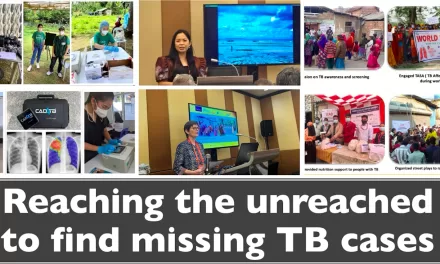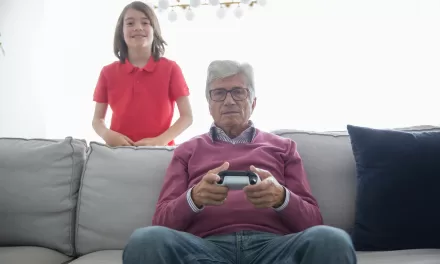SAN DIEGO — A new analysis presented at the American Society of Hematology (ASH) 2024 Annual Meeting suggests that routine 24-hour urine testing may no longer be necessary for assessing treatment responses in patients with multiple myeloma. The study indicates that urine-free response criteria are nearly identical to traditional methods, potentially paving the way for updated international guidelines.
The research, led by Dr. Rahul Banerjee of the Fred Hutch Cancer Center and the University of Washington School of Medicine, evaluated data from 645 patients enrolled in the STaMINA trial. The findings showed minimal differences in response assessments between traditional International Myeloma Working Group (IMWG) criteria, which require urine testing, and newer urine-free methods. Only seven patients (1.1%) had discordant results between the two approaches.
“The international community is currently revising myeloma guidelines, and our work supports de-emphasizing 24-hour urine testing except in specific cases, such as AL amyloidosis,” Dr. Banerjee stated. He emphasized that traditional urine assessments are cumbersome for patients and introduce disparities in clinical trials.
Key Findings
The study compared response categories—complete response (CR), very good partial response (VGPR), partial response (PR), and stable disease—using both criteria. Results were highly consistent:
- CR rates: 29.4% (traditional) vs. 29.7% (urine-free)
- VGPR rates: 37.0% vs. 36.6%
- PR rates: 30.7% for both
- Stable disease rates: 3.0% for both
Importantly, achieving a CR using urine-free criteria was strongly predictive of progression-free survival (P = .005). VGPR predictions were borderline significant (P = .102).
Four of the seven discordant cases involved patients missing key urine protein electrophoresis data, which disqualified them under traditional criteria but rendered them evaluable under urine-free standards.
Implications for Practice and Guidelines
Current IMWG guidelines, last updated nearly a decade ago, mandate 24-hour urine collection for response assessment. This practice often imposes logistical challenges for patients, such as maintaining refrigerated samples. The study’s findings bolster arguments to remove routine urine testing from updated guidelines, simplifying clinical care without compromising accuracy.
Dr. Manni Mohyuddin of the Huntsman Cancer Institute, who was not involved in the study, welcomed the findings. “These assessments aren’t consistently performed outside of trials. I hope this research prompts a formal change, eliminating urine tests from routine response evaluations,” he said.
Despite the potential changes, Dr. Banerjee noted that 24-hour urine testing remains essential in specific scenarios, including screening for monoclonal gammopathy of renal significance and cases of AL amyloidosis.
Next Steps
The study’s findings are expected to inform ongoing updates to IMWG guidelines, potentially leading to significant shifts in clinical trial protocols and routine care. With urine-free criteria demonstrating strong prognostic value, future research may focus on long-term outcomes and the impact on progression-free survival.
The study received funding from the National Institutes of Health, Celgene, and Millennium Pharmaceuticals, among others. Dr. Banerjee disclosed multiple industry affiliations, while Dr. Mohyuddin reported no personal conflicts of interest.
This development represents a step forward in making myeloma treatment assessments more patient-friendly and accessible, potentially benefiting thousands worldwide.












